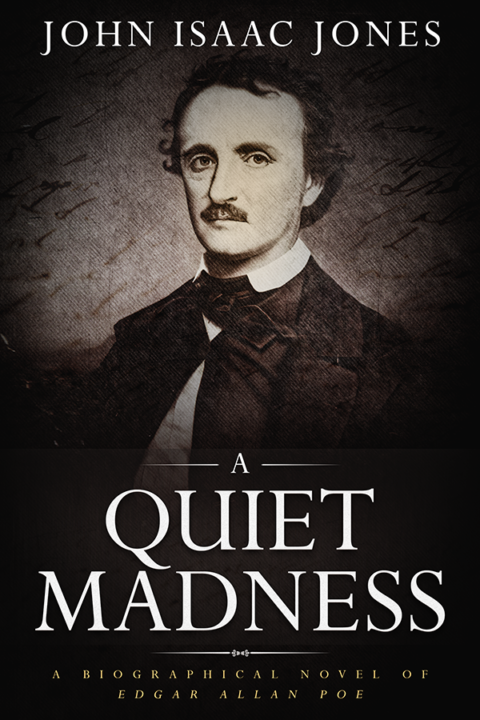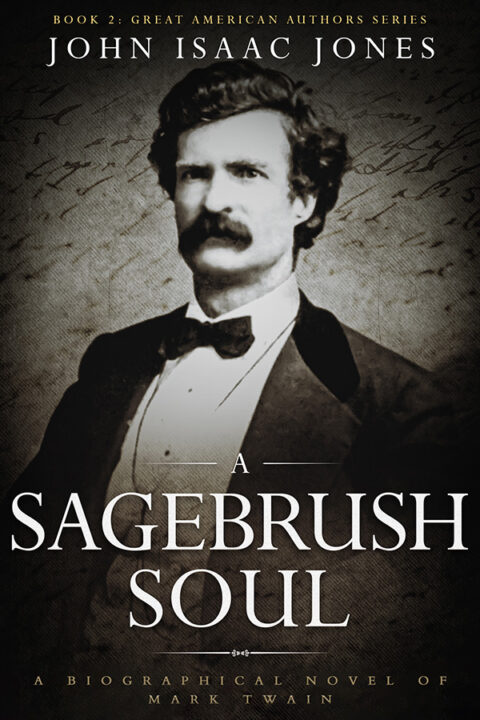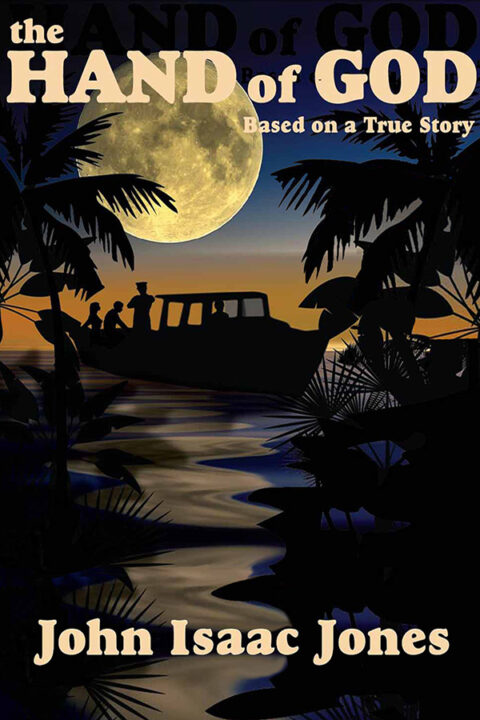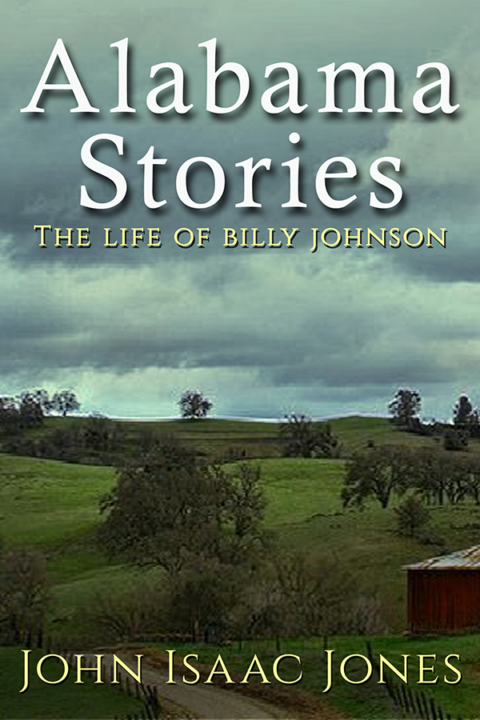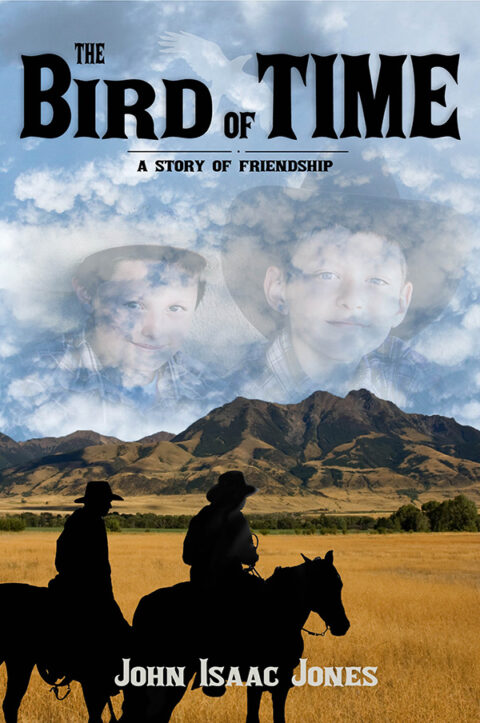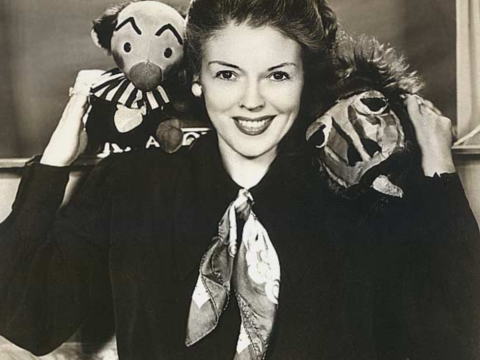
(Editor’s note: As most of my readers know, I spent 30 years working as a reporter with the National Enquirer and other tabloids. This is one of my personal experiences during those years.)
No single story I ever wrote for the tabloids touched my heart in quite the same way as a deathbed interview with Fran Levington, the puppeteer genius who won the hearts and minds of millions of television viewers in the mid-to-late fifties as “Fran” in the beloved children’s television show Kukla, Fran and, Ollie.
One day in June of 1989 while chatting with one of my Hollywood medical sources, the contact asked: “Do you know who Fran Levington is? She was on Kukla, Fran, and Ollie during the early days of television. And she’s dying of bone marrow cancer.”
I was drawing a blank. Finally, we ended the call and I went to lunch. An hour later, sitting over a Chinese chicken salad at Chin-Chin’s on Sunset Blvd., it dawned on me. Kukla, Fran, and Ollie was an early television puppet show that featured Fran, the only human on the show, Kukla, the bulb-nosed, bald-headed, head honcho of a puppet troupe and Ollie, a mischievous, one-tooth dragon.
The puppets said their lines on a make-believe children’s stage while Fran, who played big sister to the troupe and tried to maintain peace among them, was outside the stage. It was a marvelously simple, but highly effective entertainment vehicle.
Instantly, my mind wandered back to the late fifties when I was a student in junior high and, every day after school, I would rush into the house, throw my books on the couch, and flip on the television to watch the KFO show on an old black and white TV that received only two channels.
I was twelve or thirteen years old, but I remember how I would giggle with delight when Ollie would slam his flat chin on the stage in frustration or do a rolling motion on his back to endear himself to Fran and the audience. Although the show was developed for children, often the themes were very adult. With that sudden flash of memory, I knew I had to interview her.
That afternoon, I went to the hospital in Van Nuys. When I entered the room, I explained who I was. She graciously shook my hand and asked me to sit down.
She was dressed in a light-blue hospital gown and her snowy white hair hung loosely about her shoulders. Although I could see she was very sick, she had a quick smile, a mischievous twinkle in her eyes, and was eager to talk to me.
She was eighty-one years old.
“Oh, I love the Enquirer,” she said when I announced my affiliation. “They have great recipes and housekeeping tips and I love to read the latest Hollywood gossip. How much time will you need?”
“Probably thirty minutes to an hour.”
“Then we better wait until tomorrow,” she said. “In a few minutes, I’m going in for radiation treatment and I’ll be very tired after that, but tomorrow morning, say around ten, I’d love to do the interview.”
I smiled and said thanks.
“Be sure you’re here tomorrow morning,” she said. “I might not be here tomorrow afternoon.”
“Ten sharp,” I replied.
The following morning, when I arrived at her hospital room, she welcomed me.
Although she put on a cheerful face, I could see she was near death. Her hair, which had been snowy white the day before, was now a parched brown color and hung scraggily and lifeless about her shoulders. Somehow, the radiation had affected her eyes and she kept moving her head to and fro as if she were trying to keep me in focus.
“Let’s get started. I’m going to meet Archie,” she said, referring to her late husband, “and we’ve got a long journey ahead of us.”
She recalled her early days in Iowa and how she was born for show business.
“When I was a teenager in Iowa, my brother put together a local orchestra and hired me as a singer. From the very first show, I was hooked.”
Later, she worked in Cedar Rapids, then moved to Chicago, where she found work as a singer and comedienne and was an instant hit as “Aunt Franny,” a gossipy spinster on Chicago radio.
“Although I could sing and act,” she said, “it was comedy and puppets that I loved most.”
In 1947, while living in Chicago, she met an old puppeteer friend she had known from her War Bonds tour days and he asked her to put together a children’s show with puppets.
“I had had the idea in my head for Kukla, Fran, and Ollie for almost thirty years,” she said. “It was very similar to a puppet show I did at my school when I was a teenager. I just renamed the characters and wrote new skits.”
It was an instant hit.
“I’ll always be remembered for Kukla, Fran, and Ollie,” she said. “I loved doing that show. You can discuss very serious subjects in an innocent way with puppets and not offend or upset anyone.”
She said her maiden name was Allison, but she later married a music publisher named Archie Levington who had died in 1978.
“We never had any children,” she said. “My children were the millions of kids who watched Kukla, Fran, and Ollie day after day.”
I smiled.
“And I loved every one of them,” she said.
I explained that I had been one of her adoring fans.
“Then you’re one of my children, John,” she said, “and I love you.”
Suddenly, my mind was flooded with all the wonderful memories of the afternoons I had spent watching KFO. The willful, overbearing Kukla, the well meaning, but simple Ollie, and the reasoning voice and the counsel of Fran came roaring back into my mind as if I were suddenly transported back to 1957.
“I love you too,” I said, and from the bottom of my heart, I meant it.
She smiled.
“I think I’ll sleep now,” she said.
“I understand,” I replied. “Thanks for the interview.”
For a moment, I peered at her as she closed her eyes and drifted off to sleep.
The following morning, I called the hospital. The operator said she had died at eleven a.m. the previous day. She never awoke from sleep after my interview.
As I hung up the phone, tears were streaming down my face and I wasn’t sure why. I had only known this woman through her television show and our two brief encounters at the Van Nuys hospital, yet somehow, I felt I had been friends with her all my life.
To me, there was always a special sadness in seeing an entertainer die. Here was a kind, gracious, loving woman who brought joy to millions and now, like many human beings, her ultimate reward was to die alone. Probably, more than anything, I was made aware of my own mortality. In my heart, I knew that each of us must face death in our own way. I had watched this wonderful person walk that lonesome valley. Many times, I’ve wondered how I would face my own death.
